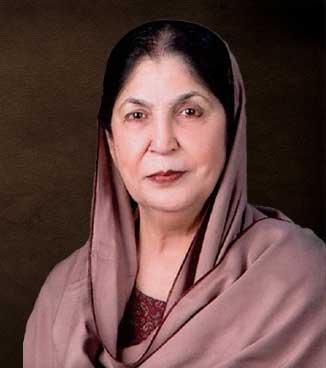Pakistan and India, two major powers in South Asia, have historically had complex relations. The two countries gained independence in 1947 and since then, their relations have gone through phases of tension, negotiations and short-term improvements. While assessing the current situation, we need to take into account the political, economic, military and diplomatic aspects.
Political situation in Pakistan, political instability, elections and changes of government in recent years have affected the internal situation. Governments are struggling with economic recovery and security issues. In India, the Bharatiya Janata Party (BJP) led by Narendra Modi has highlighted Hindu nationalism in its policies, which has affected not only domestic politics but also regional relations.
Another important issue is the economic situation. Pakistan is facing economic difficulties, debt burden and inflation crisis, while India has joined the world’s rapidly emerging economies. India has made progress in information technology, manufacturing and the service sector, but there are also challenges of poverty and unemployment.
In addition, there are periodic tensions between the two countries on the Line of Control (LOC) regarding military and security issues. Incidents like surgical strikes, Pulwama attack and Balakot incident have further worsened the situation. Both countries are nuclear powers, so the world watches their disputes with special attention. For this reason, diplomatic relations between Pakistan and India have deteriorated in recent years. The talks have been stalled and resumed several times. Visa restrictions, diplomatic pressure and rhetoric from both sides have complicated relations. However, sports and cultural exchanges have occasionally served as a source of relaxation.
At the same time, the Kashmir issue remains a central conflict due to its humanitarian and social aspects. India revoked the special status of Jammu and Kashmir by revoking Article 370 in 2019, which Pakistan strongly opposed. Since then, the plight of the Kashmiri people has been the focus of global attention. Stability in Pakistan-India relations is essential for the security and development of the region. The current situation is certainly tense, but a better future can be hoped for through dialogue and diplomatic deliberation. Both countries should take positive steps, prioritizing public interest, economic development and regional peace.
An analysis of the current political situation between Pakistan and India;the political arena in Pakistan has been in constant turmoil in recent years. Political tensions in the country have further increased after the fall of Prime Minister Imran Khan’s government in 2022.
The tug-of-war between different political parties continues, while the role of the judiciary and the army also plays a deep role in Pakistani politics. Various quarters have expressed reservations about the recent elections and their results, raising questions about the democratic process.
Similarly, the economic crisis, corruption, and governance issues have affected public confidence. The growing role of social media and the youth in politics is a new trend, which has increased pressure on traditional politics. In addition, Pakistan is also facing internal security challenges, especially issues such as terrorism and lawlessness, which have further complicated political stability.
The political landscape in India appears to be relatively stable. Under the leadership of Narendra Modi, the BJP has maintained its grip on power in recent elections. The Modi government’s policies have a prominent element of Hindutva (Hindu nationalism), which has also been severely criticized by the country’s minorities and secular circles. Steps like the abrogation of Kashmir’s special status and the Citizenship Amendment Act have sparked political debates both inside and outside the country. Opposition parties in India are trying to counter the strong influence of the BJP, but due to internal divisions and leadership issues, they have not been able to achieve significant success.
The role of the media in Indian politics is also very prominent, which sometimes seems to be biased in favor of the government. The political situation of both countries has a profound impact on regional politics and global diplomacy. Tensions persist in South Asia due to Pakistan’s internal political tensions and India’s aggressive foreign policy. World powers often try to bring both countries to the negotiating table, but this process is slow due to the priorities of the political leaderships.





